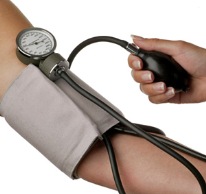
The average person in Austin knows a friend, a neighbor, a family member, or acquaintance who has tried acupuncture. Many of these first-time clients come in for pain-related conditions, as acupuncture is known to be very effective at treating pain. It is a relatively non-invasive and affordable option when compared to surgery, and patients don’t run the risk chemical dependency as they do with opioids.
Here are a couple of exciting policy changes and research regarding the treatment and medication of pain in the US:
- May 2017: proposed changes on educating providers about treating pain from the Food and Drug Administration (FDA). They recommend that doctors “get information about chiropractic care and acupuncture as therapies that might help patients avoid prescription opioids."
- Starting in 2019: Blue Cross Blue Shield Tennessee made changes to its opioid coverage. They now cover a week of short-term opioid prescriptions and instead added acupuncture as a covered alternative pain therapy for clients.
- New Research for Acute Pain: Emergency departments are starting to look away from the use of opioids as a first line of treatment, and studying how acupuncture can be used in this setting. The Journal of Pain released a study in their April 2019 publication on how acupuncture was received in an emergency room setting. In 2017, 706 emergency department patients were approached and 379 of those agreed to try acupuncture (53.7%). Those who chose to receive opioids did not show improvement during their time at the clinic (self reported, 0-10 scale). Acupuncture “significantly decreased pain regardless of whether a patient received opioids during their [...] visit.”
We know that acupuncture works for pain already, but it was interesting to see that most people in the study were willing to try it as a solution for acute pain. As the national debate on the use of opioids continues, it’s encouraging to see patients who chose more natural options as a first-line therapy for pain management.
Current research on acupuncture’s effects on pain are vital to change the way patients, doctors and policymakers make decisions on and recommendations for pain management. Are you interested in participating in a Doctoral survey study on pain? Doctoral candidate Zhenni Jin is looking for 15-20 participants for a survey.
This study might be a good fit for you if:
- You are at least 18 years old.
- You have had persistent pain longer than 12 weeks
- You have not had acupuncture in the last 3 months
Your responsibilities by participating:
- Complete survey before initial treatment
- Complete survey after third treatment
- Complete survey after fifth treatment
Contact Zhenni Jin directly at 737-203-7138 if interested in participating!


 John S. Finnell, ND, MPH, LAc
John S. Finnell, ND, MPH, LAc 
 John Finnell, ND, MPH, LAc
John Finnell, ND, MPH, LAc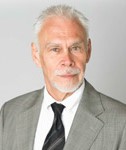 Daniel Weber, PhD, MSc
Daniel Weber, PhD, MSc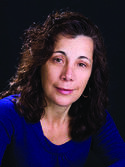 Rosa Schnyer, DAOM, LAc
Rosa Schnyer, DAOM, LAc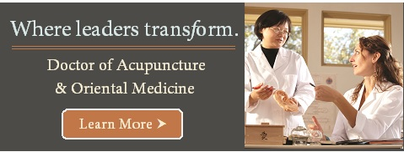
.jpg?width=166&height=249&name=clinic_lac_(8).jpg) 28.5 million men, women and children have diabetes in the U.S. This dis-ease affects the function of the pancreas. Classic Chinese practitioners were writing about the symptoms of diabetes (excessive hunger and thirst, frequent urination, and rapid weight loss) over 2,500 years ago in the ancient medical text called the Nei Jing.
28.5 million men, women and children have diabetes in the U.S. This dis-ease affects the function of the pancreas. Classic Chinese practitioners were writing about the symptoms of diabetes (excessive hunger and thirst, frequent urination, and rapid weight loss) over 2,500 years ago in the ancient medical text called the Nei Jing.
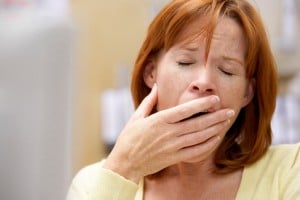 tom of several sleep disorders. According to Western medicine, there are two types of insomnia, primary and secondary. Primary insomnia is not directly related to any other health problems whereas secondary insomnia is difficulty sleeping due to another issue such as asthma, pain, arthritis, cancer, depression or due to a side effect of a medication.
tom of several sleep disorders. According to Western medicine, there are two types of insomnia, primary and secondary. Primary insomnia is not directly related to any other health problems whereas secondary insomnia is difficulty sleeping due to another issue such as asthma, pain, arthritis, cancer, depression or due to a side effect of a medication.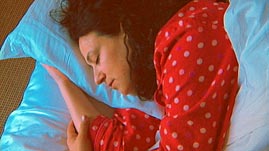 Practitioners of Chinese Medicine treat insomnia by taking into consideration your overall balance of mind, body, and spirit. The condition may be treated using acupuncture, herbal remedies, diet and lifestyle changes, and relaxation techniques. Treatment will be highly individualized and will depend on the underlying cause of the insomnia, which will be differentiated by your practitioner. A proper diagnosis is key to successfully treating insomnia, which may be caused by a number of factors including physical strain, mental and emotional stress, or improper diet. All these things must be examined in the patient’s life and adjusted to increase their state of balance. This will be different for each person and tailored to fit their specific needs. Patients with insomnia often have deeply relaxing treatments and fall asleep during their sessions.
Practitioners of Chinese Medicine treat insomnia by taking into consideration your overall balance of mind, body, and spirit. The condition may be treated using acupuncture, herbal remedies, diet and lifestyle changes, and relaxation techniques. Treatment will be highly individualized and will depend on the underlying cause of the insomnia, which will be differentiated by your practitioner. A proper diagnosis is key to successfully treating insomnia, which may be caused by a number of factors including physical strain, mental and emotional stress, or improper diet. All these things must be examined in the patient’s life and adjusted to increase their state of balance. This will be different for each person and tailored to fit their specific needs. Patients with insomnia often have deeply relaxing treatments and fall asleep during their sessions.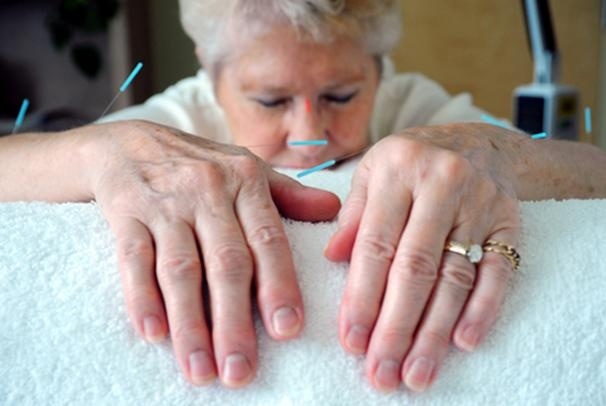
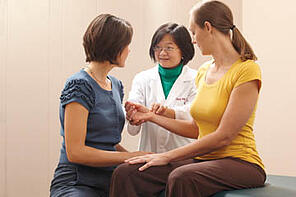 According to Chinese medical theory, arthritis occurs when the Qi (energy, life-force) in the body becomes blocked. Unique acupuncture points will be determined after a careful evaluation of the patient’s medical history and once the licensed practitioner pinpoints the root cause of the patient’s Qi blockage. The practitioner will also likely prescribe Chinese herbs and make lifestyle and/or dietary recommendations.
According to Chinese medical theory, arthritis occurs when the Qi (energy, life-force) in the body becomes blocked. Unique acupuncture points will be determined after a careful evaluation of the patient’s medical history and once the licensed practitioner pinpoints the root cause of the patient’s Qi blockage. The practitioner will also likely prescribe Chinese herbs and make lifestyle and/or dietary recommendations.

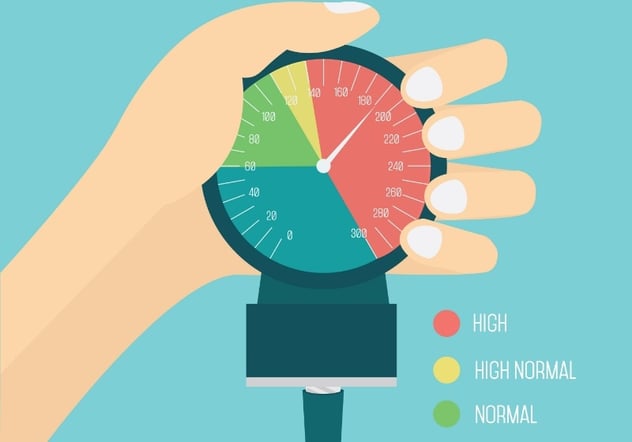 Hypertension is a series of clinical symptoms marked by increase of blood pressure in the arteries of blood circulation, according to the criteria suggested by the
Hypertension is a series of clinical symptoms marked by increase of blood pressure in the arteries of blood circulation, according to the criteria suggested by the 